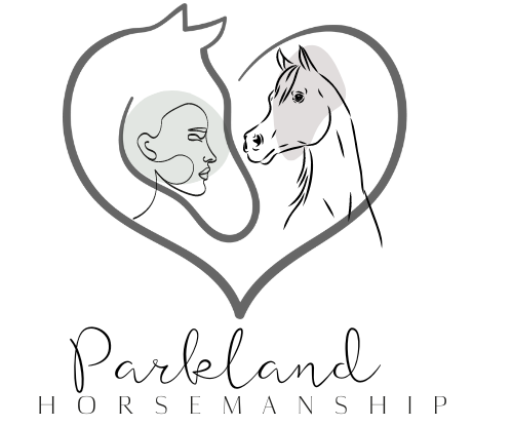Horses possess an extraordinary capacity to read human emotions, which makes them invaluable assets in therapeutic settings.
Based on Bowlby’s criteria of an attachment bond and Pierce’s model of therapeutically powerful activities, this article investigates whether short-term exposure to horses leads to emerging attachment among adolescents as well as providing an ideal early setting for professional care.
Human-Horse Relationships
Horses and people share an extraordinary history. It’s truly remarkable that two completely disparate species – one predator and the other prey – could form such an intimate and meaningful bond.
What makes horses such effective therapy animals is the bond we form with them: learning to build trusting and affectionate relationships in a low-stress setting.
Studies of bonding processes between humans and horses have revealed that during this process, horses’ physiological activities begin to synchronize with those of their human partners – especially for interactions in which body contact plays a large role.
Studies show that with ongoing petting sessions, both the heart rates of both horse and human begin to reduce as people become more familiar with their animal’s behaviors and emotional responses – making the relationship between horse and its owner an extension of his or her emotions.
Psychological Benefits
Equine therapy has been found to help individuals build self-esteem and confidence, build communication and trust between themselves and horses, manage anger more effectively, combat depression and anxiety and even help those experiencing physical disabilities or needing occupational or speech therapy as well as those suffering from trauma in their life.
Horses are herd animals that bond similarly with humans, making them adept at connecting with those experiencing emotional distress or anxiety. One master horsewoman asserted that horses could sense what you were feeling; she went on to explain that different horses are drawn more towards people who are sensitive and loving.
Horses have the ability to recognize a human’s emotional state through facial expressions and distinguish between anger and happiness. According to research, horses have retained positive long-term memories of humans due to these subtle emotional reactions.
Physical Benefits
Horses may seem intimidating creatures with both brains and brawn to match, yet they can be taught to trust humans who don’t pose threats to them. Research indicates that horses retain positive long-term memories of people they have interacted with based on emotional valence of each interaction.
Therapeutic equine interaction not only builds confidence and communication skills; it can also assist with physical rehabilitation by improving balance, strength, coordination, normalizing muscle tone and spatial awareness. Hippotherapy has proven especially helpful to those living with cerebral palsy as well as neuromuscular diseases or injuries.
Ebony Horsewomen offers help for emotional, psychological and physical challenges at Ebony Horsewomen through working with horses. These interactions are nonjudgmental and provide clients with a way of connecting without judgment from others or fear of rejection caused by past traumas; encouraging them to form meaningful relationships while aiding in their recovery journey.
Social Benefits
Horses provide an effective means of developing social skills in a low-stress environment, offering opportunities to bond with an animal while performing tasks such as grooming or riding – an experience which can build both confidence and self-esteem.
As prey animals, horses are highly attuned to their environment and respond accordingly. Horses have excellent ability to detect human emotions such as excitement or anger; making them useful companions when working with clients who have had traumatic experiences or are reluctant to form relationships.
Studies have demonstrated that horses can recognize individuals based on past interactions and form long-term positive memories with specific people. Furthermore, horses remember the facial expressions associated with different individuals to distinguish emotions associated with each encounter and seek out those expected to be pleasant [113]. Through co-regulation horses can help the nervous system “reset”.

